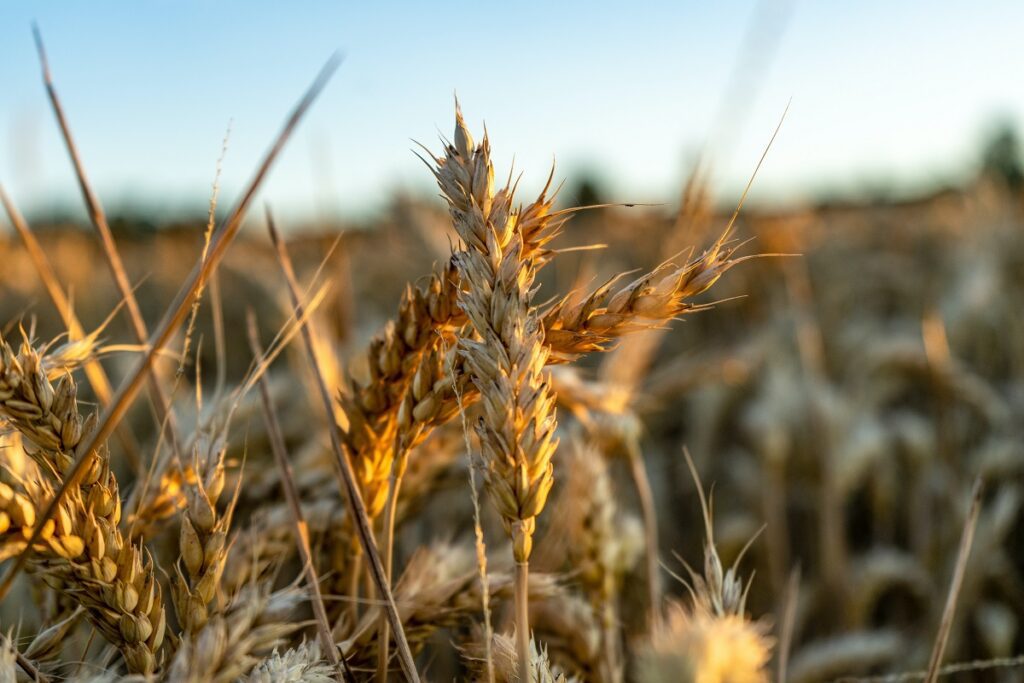Researchers have found a gene in wheat that, when edited, could alter the crops in such a way that they could better endure extreme heat or cold.
Professor Graham Moore at the John Innes Centre in the U.K. led a group of researchers whose experiments with wheat uncovered that temperature affects the plant’s fertility and yield.
The ideal temperature for the initial stages of meiosis – when chromosomes from parent cells pair to create seeds for the next generation – is between 17-23C. If we can improve the wheat’s weather resistance, we could grow it despite looming climate change.
The discovery
Previous studies have uncovered that the meiotic recombination gene DMC1 is essential for fertility in wheat. This gene protects meiosis in extremely cold or hot temperatures.
Using gene editing, specifically the CRISPR-Cas9 method, researchers successfully deleted the DMC1 gene from a variety of Chinese Spring Wheat.
The team observed the gene-edited “mutant” plants at low temperatures (13C) and high temperatures (30C). In both cases, 95% of the mutant crops “showed a reduced number of crossovers, compared to control plants,” the press release states.
“Thanks to gene editing, we have been able to isolate a key temperature tolerance gene in wheat. It provides cause for optimism in finding valuable new traits when climate change is challenging the way we grow our major crops,” Professor Moore noted.
The team’s further plans are to find variations of DMC1, and different dosages and expressions of the gene, to increase the temperature range for wheat meiosis.
This study is a follow-up to previous research led by Professor Moore, in which he observed the ZIP4 gene (responsible for chromosome pairing and preservation of yield). The researchers successfully edited ZIP4, enhancing its genetic diversity, making wheat easier to cross with wild wheat types, and maintaining yield.
Gene-edited crops on the rise
As record-breaking temperatures are threatening crops worldwide, we’re turning to biotech for solutions.
Bioceres, an Argentinian biotech company specializing in crop productivity technologies, created HB4 Wheat, a gene-edited wheat that can withstand drought. In 2021, Brazil became the first country to allow the import of flour made from gene-edited wheat.
Another example is Bayer’s collaboration with Pairwise. Their short-stature corn is genetically modified using CRISPR. The corn stands at about 5-7 feet tall. It can capture sunlight and optimize nutrients better than the typical 9-12 feet tall corn, Bio.News previously reported.
Gene-edited crops could reduce food waste, too, preventing bruising and spoilage. Biotech has even developed a potato that emits less acrylamide, a toxin released when cooking potatoes that can be deadly at high levels. (The J.R Simplot Company developed this using CRISPR-Cas9 technology.)
These bio-based innovations could answer the climate change-induced food crisis. However, policy change and regulatory acceptance will be key steps in making these solutions mainstream.




